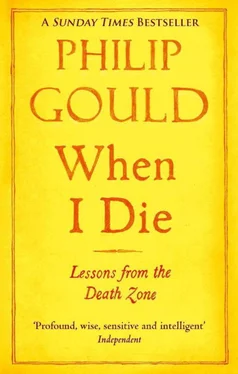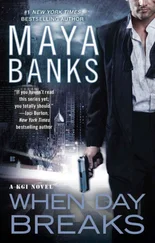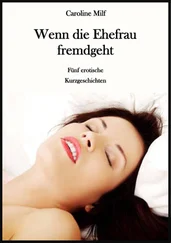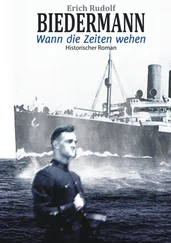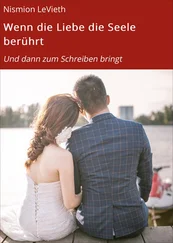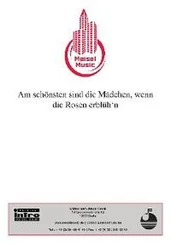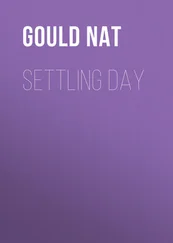I felt hope but I had been winded.
I was keen to get on with the radiotherapy, but by now eating had become very difficult for me again and my swallowing pains were worsening. David sent me off to a consultant called Jervoise Andreyev, who deals particularly with the symptoms of radiotherapy linked to surgery. He was brilliant, a typical Marsden hidden gem. He prescribed a whole new world of drugs and within days my symptoms were becoming manageable. But Mike phoned to say that I simply would not get through the treatment without a feeding tube, because I would not be able to eat in the middle of it.
So the next day I returned to Newcastle to have a feeding tube fitted and was reunited with the team, who seemed genuinely pleased to see me. After the surgery Mike came down and we talked about the harsh reality of my prognosis. Mike believes that it is right to tell the unvarnished truth and to tell the whole family at the same time; it stops a sense of grievance and unfairness festering.
I said there was another, deeper reason for telling the whole family the truth. It is that with the knowledge of your likely early death, you can reconfigure time, use it on your own terms. In truth, having an idea of the likely timescale of your life is a privilege not available to many. It is so much better than a sudden death, with no time to prepare.
I did not like radiotherapy, much to the chagrin of my consultant, Diana Tait. She kept telling me that this was the Year of Radiotherapy: could I not enjoy it a little more? She was terrific and so were her staff, but I found radiotherapy to be among the few things in cancer that lowered my mood.
The very first time I went into the radiotherapy unit I sensed a gloom among the patients waiting to be treated, a mood quite different in character from that of patients waiting for surgery and chemotherapy. This is not because radiotherapy is particularly unpleasant or painful. It is not. It just has a kind of dulling effect, and even as I write this I feel the ghosts of the experience returning.
The treatment itself is straightforward. You just lie under a huge rotating machine with a name like a battleship: mine was called Joford. The machine chugs round, blasting its rays from four different angles. There is no pain, in fact no sensation at all except the buzzing of the machine while the X-rays are going through. The only discomfort is lying for a few minutes at full stretch, unable to move, with your arms above your head. I played music on an iPod and it passed in a trice. But no one enjoys it much, and some seem to struggle.
One day I saw a man standing uneasily, unable to sit because of the pain. Another was being sick in the bathroom. A third was sobbing quietly. I think this was probably a reflection of their state of illness rather than the treatment, but it took a while to grow used to it.
For many radiotherapy is much less traumatic than this, and it may just have been the patient cohort I was in. But the patients never lost their resolve. They kept going, day after day, getting through it, though some were obviously approaching their last stages.
The point of the radiotherapy was to sterilise the immediate region of surgery and the wider area around it in which the contaminated lymph nodes were found. It was entirely about stopping localised recurrence. The problem was that as a result of the surgery I had undergone, the remaining shreds of my oesophagus and stomach were clustered in an area very close to my heart and lungs, so it was tricky to find a safe path. The full blast of the rays went right through the surgery wound.
Even after day one, I could feel some pain in the wound and it just grew from there. I developed a pretty horrible cough, but that passed and the middle weeks proved not to be too bad. By the last couple of weeks, though, the pain was acute and accompanied by persistent vomiting – not of food, as I was not eating, but of phlegm caused by inflammation. This process of pain and vomiting went on for days.
So my life became the familiar business of grinding on. Four times a day I would take an array of pills, including the crucial chemotherapy medications, and each session of pill-taking would take as long as an hour. At times like this cancer becomes a moment-by-moment endurance test, with nothing for it but to tough things out and seek distraction.
And throughout all this was the saga of the feeding tube. It had been inserted in my stomach, or rather my small intestine, and to feed I had to attach it each night to a pump which would administer a litre and a half of a sweet gooey liquid that purported to be food.
Gail hated this. She hated the noise of the pump and the smell of the liquid and the fact that our private space had become more like a hospital room than a bedroom. Above all, she hated the tube that dangled from my stomach like a plastic eel and was my lifeline. She was certain that I would pull it out, convinced that when this happened I would no longer be able to eat.
Of course, I did pull it out – twice in fact – but a terrific surgeon at UCH managed to get it back in on both occasions. It also exploded once, flooding my T-shirt, my jeans and the floor beneath me with foul-smelling bile. There was an embarrassed silence in the kitchen as the puddle beneath me gradually grew. This might have been a low point. But I just accepted it and moved on.
Cancer does make you stronger.
The radiotherapy finished and I saw David Cunningham for a post-treatment consultation. Positive as always, he said that things had gone as well as they could have on the long journey that had begun with that first scrap of paper mapping out my treatment seven months before. Everything that had been planned had happened.
We moved to the future and the vast panoply of tests they were now carrying out: DNA, genetics, stem cell, and on and on. These were not to prevent recurrence, but to deal with recurrence if it happened.
The next scan was due in early June, which seemed an eternity away. I unwound, relaxed and did as little as possible, determined this time to do things differently.
The day of the scan arrived. Gail and I were both really nervous, anxiety creeping up on us, growing by the day. Gail called after I had the scan, desperate to know what the findings were. I said I had no idea, but at that moment Kaz called saying all was good. I felt that despite all expectations I had a chance of life. At least for the next six months, until the next scan, we could be free.
I called Gail and she was virtually gasping for air, so surprised that finally we had some good news, so frightened that once again good news would turn to bad. But for now, it was OK.
We went to see David Cunningham, who said the scan was excellent, that this was a significant step forward and that my prognosis had improved a little. Of course the odds were still against me, but I did not care much about that. I had a chance, and a chance was all I needed. The door which had seemed to be closed had opened a little. Life, short or long, lay ahead of me once more.
The journey to this point had taken place on many levels, and was one that had changed me in many ways – I hope for the better. I now had a different conception of myself, of cancer, of my politics, of the NHS, of my family and friends, and perhaps above all, of my wife, whom I now appreciate in new and different ways.
Much of this journey had been personal but some of it had been political, not in the party sense but in the way I used different health systems, with different values, in different countries. This was the spine of my journey, taking me from a private clinic and private oncologist in Harley Street to an endowment hospital in New York City, then back to the Royal Marsden, switching again to Newcastle’s Royal Victoria Infirmary, while often using the UCH in London.
Читать дальше
